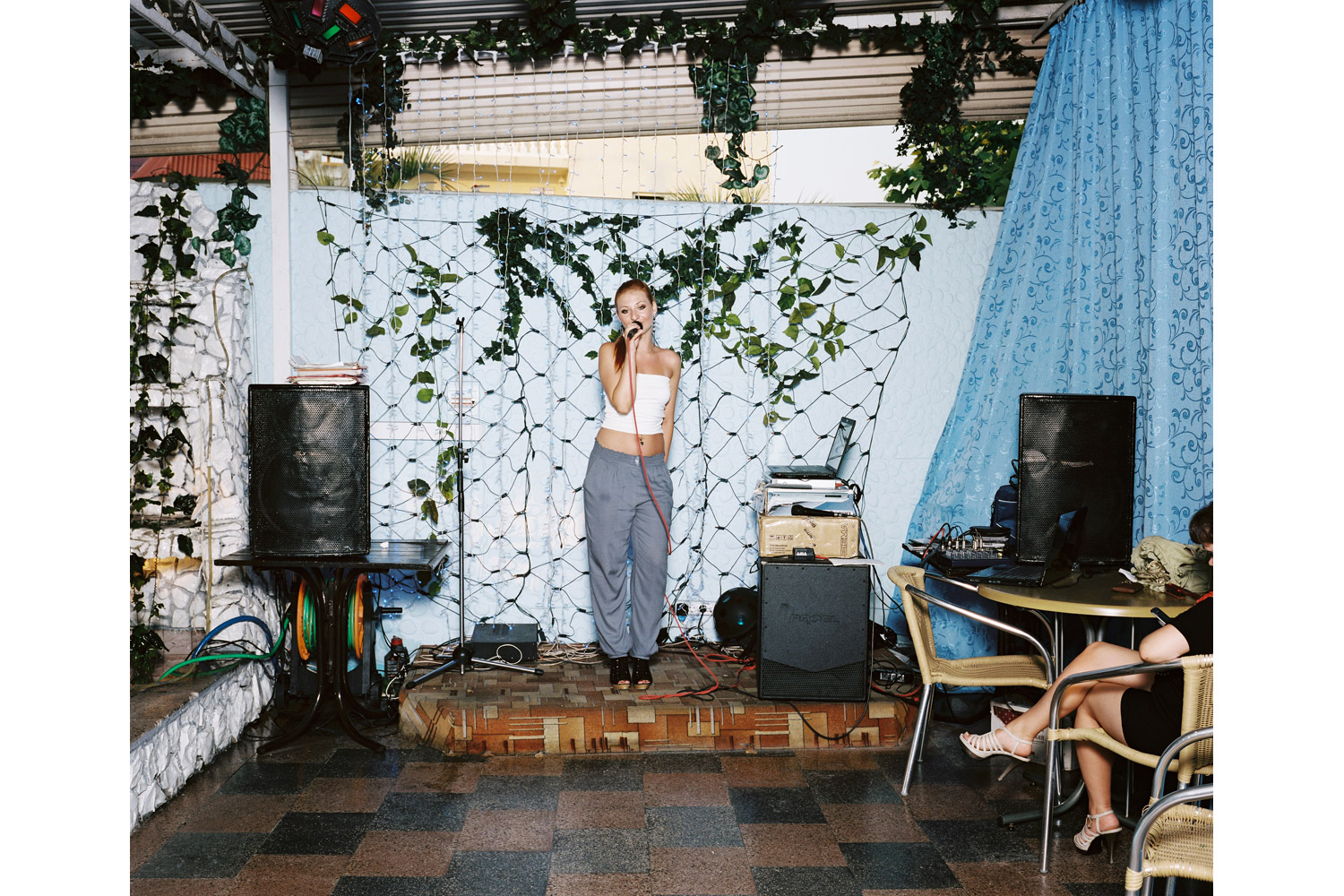
In 2004, when photographer Rob Hornstra wanted to publish his first cohesive body of work in a book, he ran into a common problem—he couldn’t find a publisher who was willing to fund it. Hornstra’s solution was less than common: he decided to raise the initial funds himself by selling copies in advance via word of mouth and social networking. It took a month, but he succeeded. Hornstra decided to jump start the publication of his next two books the same way, with each volume of pre-orders selling out more quickly than the last. Hornstra is now on his sixth book (plus newspapers, postcards, prints and posters), and still relies primarily on his own crowdfunding efforts to fund them and their related projects. Crowdfunding and self-publishing are less rare these days, but that is thanks in part to pioneers like Hornstra whose distinctive eye and determination helped blaze the trail to get important work to receptive audiences without the backing of traditional journalistic and publishing outlets.
Hornstra’s latest book is on the restaurant singers of Russia’s favorite Black Sea resort town of Sochi. Any self-respecting restaurant on the coast has a live house singer to belt out sappy Russian chansons—take a vodka-soaked ballad and drop in a techno beat, all at full volume—from behind an electric keyboard or a laptop. Sochi is the center of the world, as far as this type of live entertainment is concerned, and Hornstra saw it as the perfect metaphor to depict the city and the region, traveling to more than 60 restaurants over 100 miles of coastline in 2011 to make the 37 photos for the book. The pictures mercifully strip away the noise of the music and cancel out the dark rooms and sharp flashing lights with Hornstra’s trademark, even lighting, allowing the viewer to patiently examine every telling detail of the interiors, including the faux Greek, French, Roman, Slavic and American décor.
Sochi Singers is in fact only the latest installment of The Sochi Project, Hornstra’s five-year commitment to exploring the region in the years leading up to the 2014 Winter Olympics Games, which Sochi will host exactly two years from this month. Partnering with writer and filmmaker Arnold van Bruggen, who wrote the essay in Sochi Singers, his goal is to paint a more complete picture of the area than the public is likely to see during those few short weeks in 2014. They have already traveled to a Soviet-era sanatorium outside of Sochi and the troubled region of Abkhazia and the Republic of Georgia, located only 13 miles along the coast to the southeast. Next month they plan to travel to the Caucasus mountains to the east, and the infamous breakaway republics of Dagestan, North Ossetia and Chechnya.
As Russia cycles into the news again next month when former president Vladimir Putin will likely be voted back into office, it is Hornstra’s commitment to “slow journalism” that allows audiences to put the headlines in context, as well as to see past the propaganda and pomp and circumstance that will inevitably surround the Winter Games. By examining the stark contrasts contained within the small region of the world, and recording both what changes—and what remains the same—Hornstra’s work reflects something deeper and more historic: Russia’s continuing search for a post-Soviet identity.
Rob Hornstra is a Dutch photographer. Learn more about the Sochi project here. The Sochi Singers series recently won first place for the Arts and Entertainment—Stories category at the World Press Photo awards.
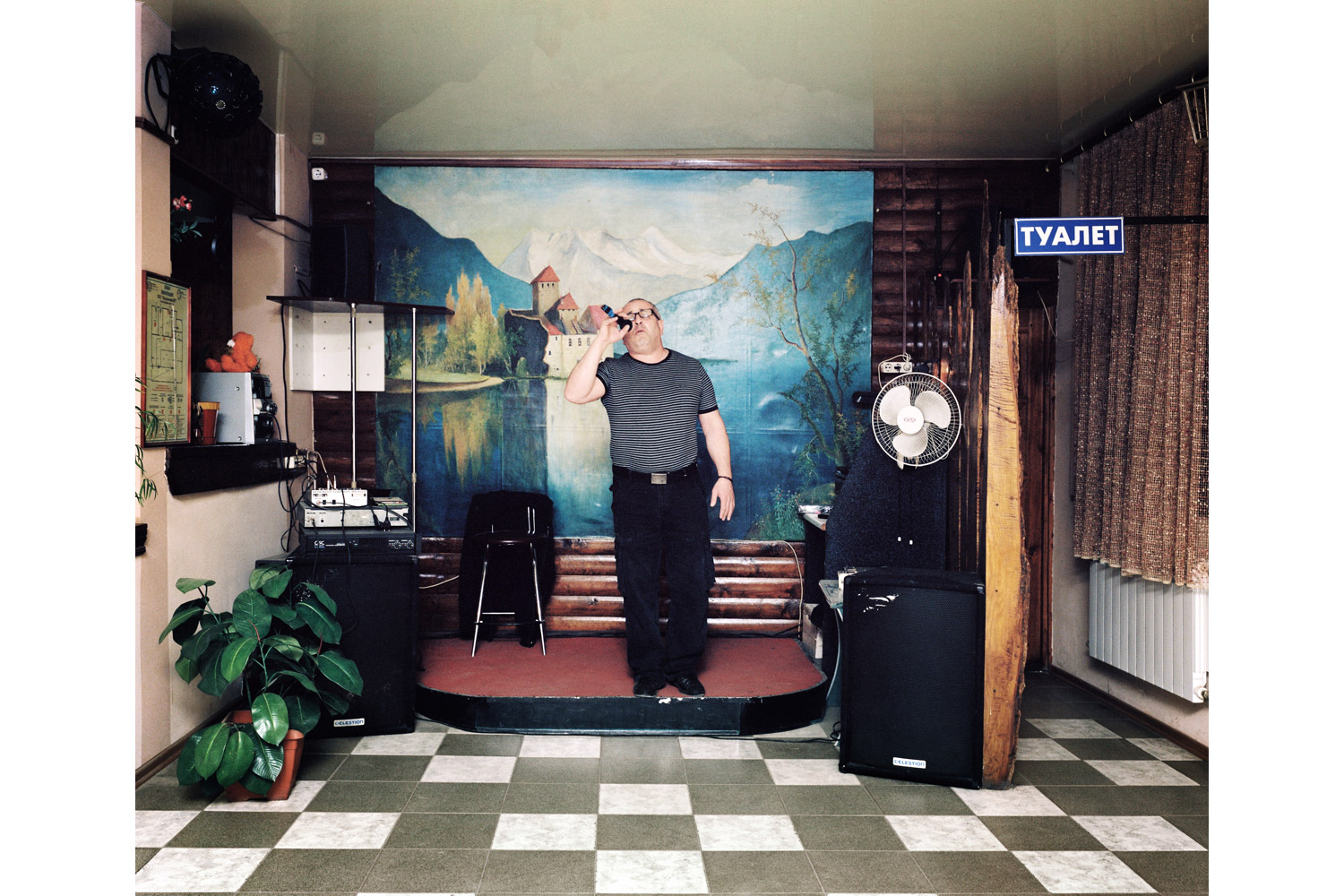
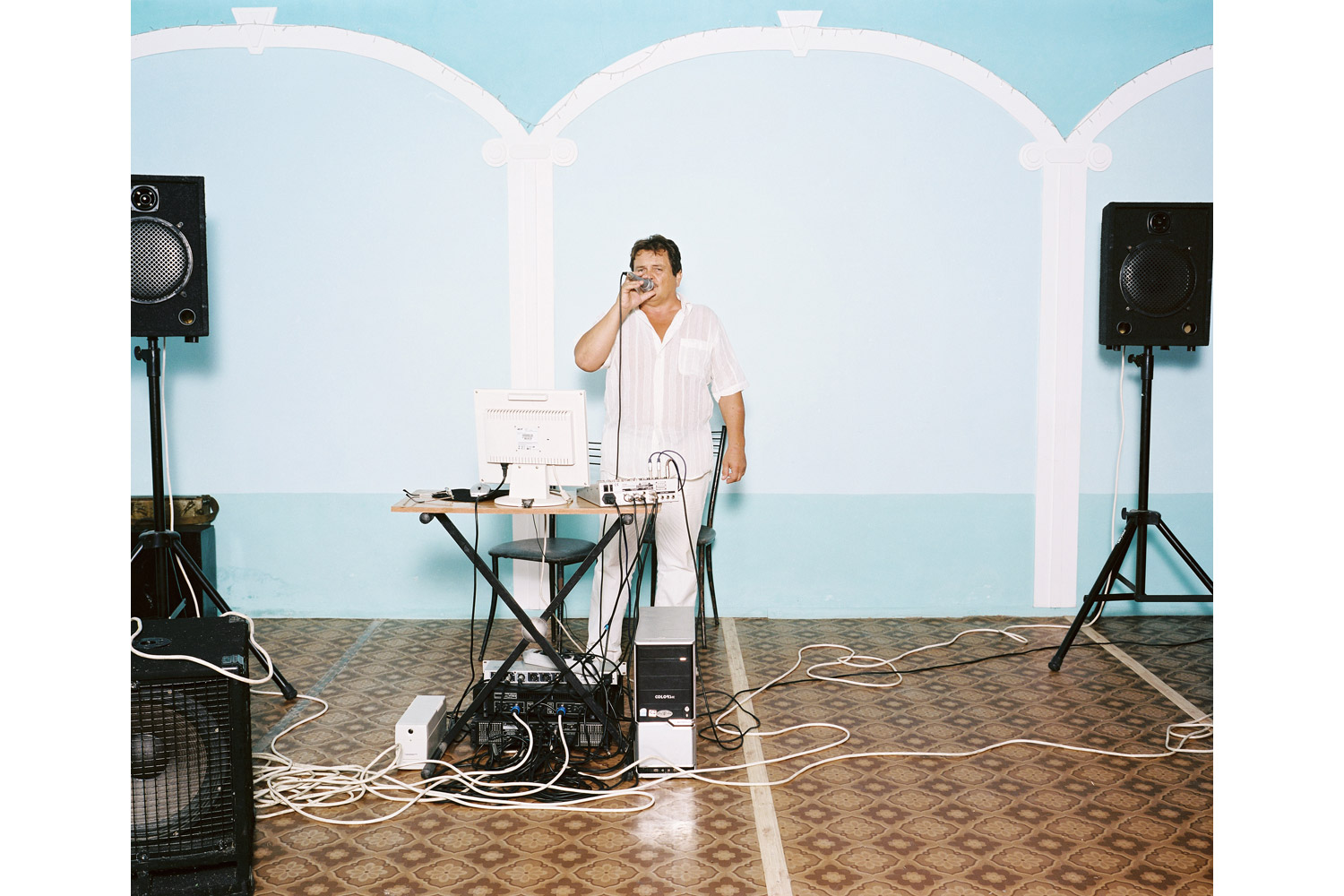
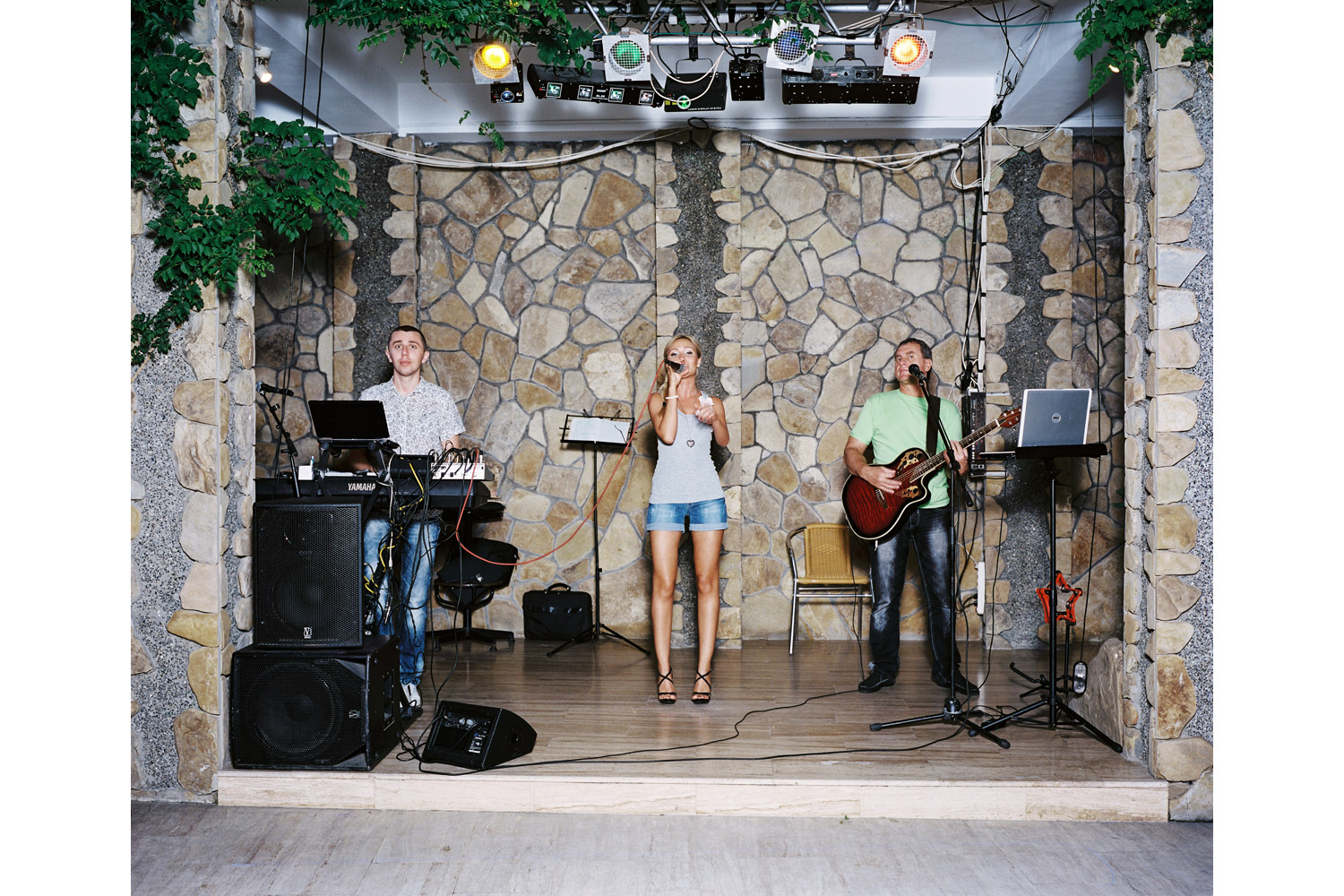
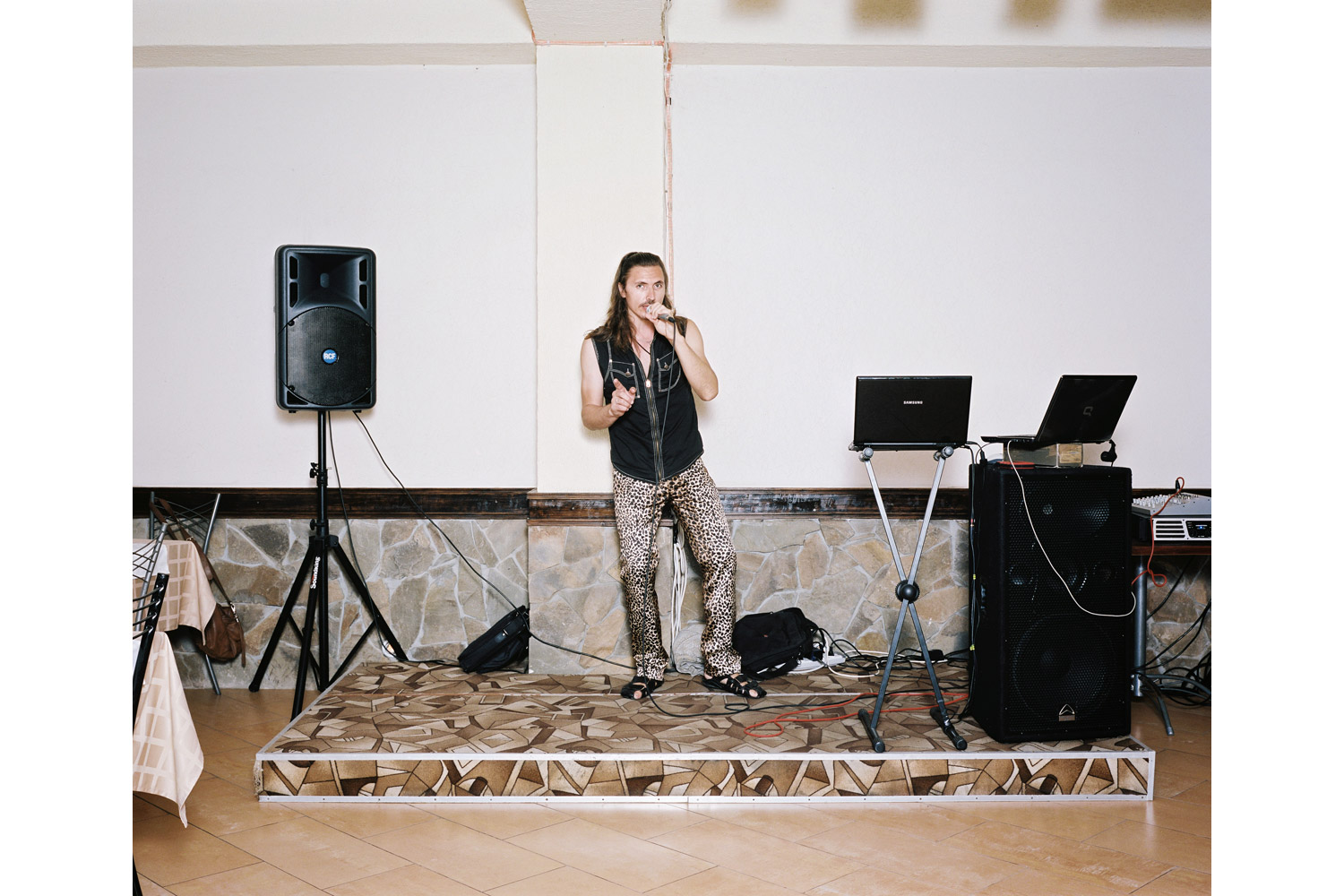
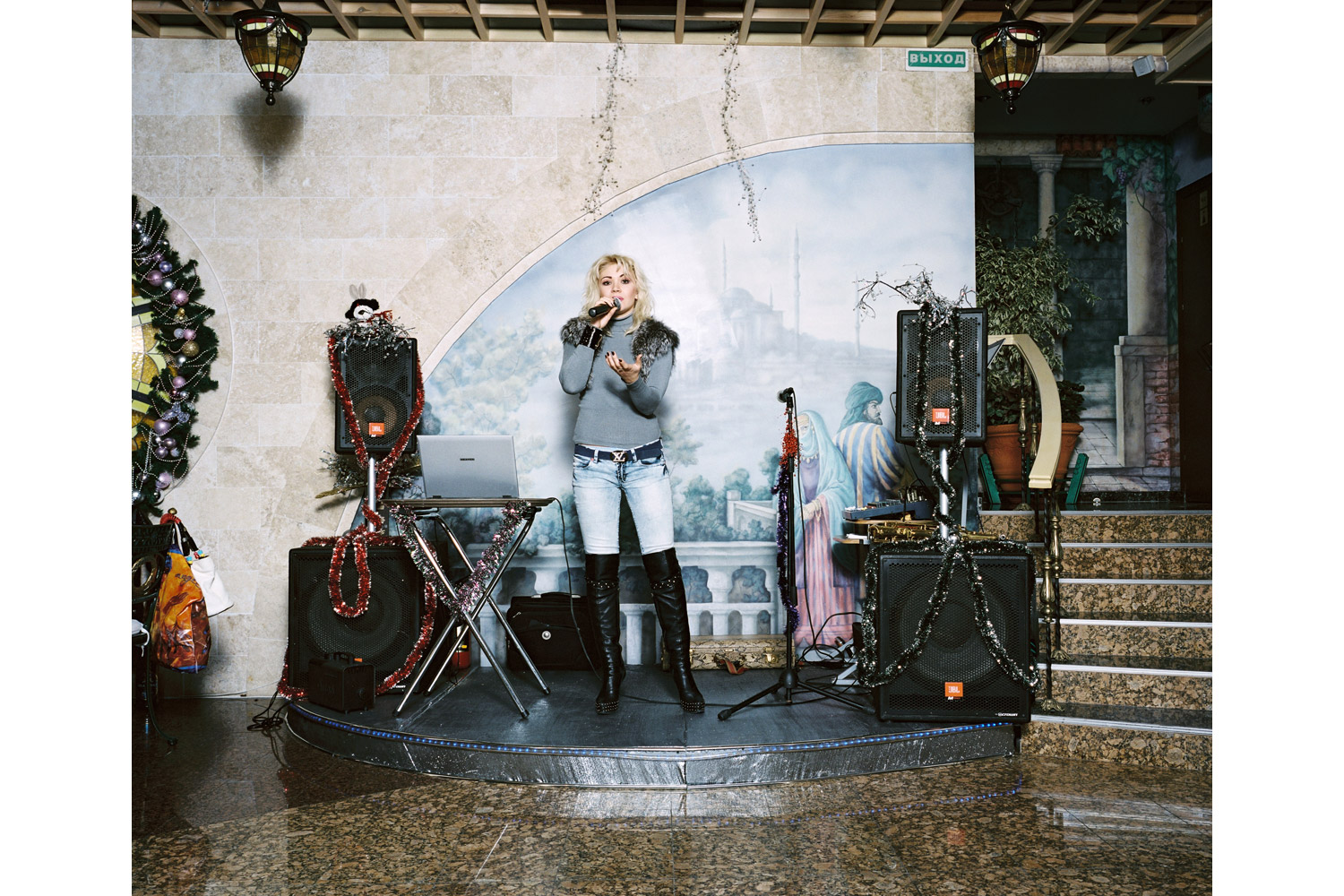
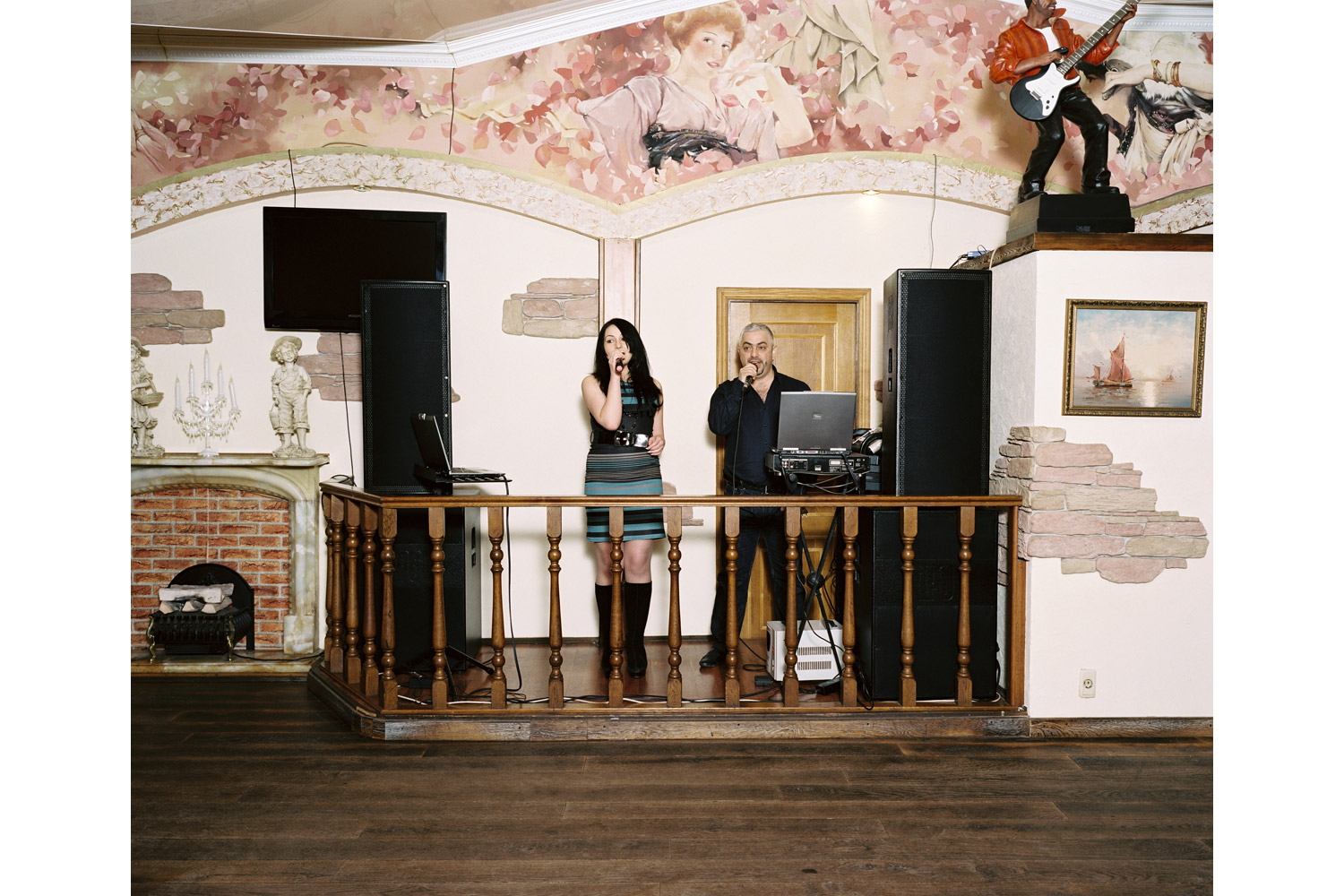
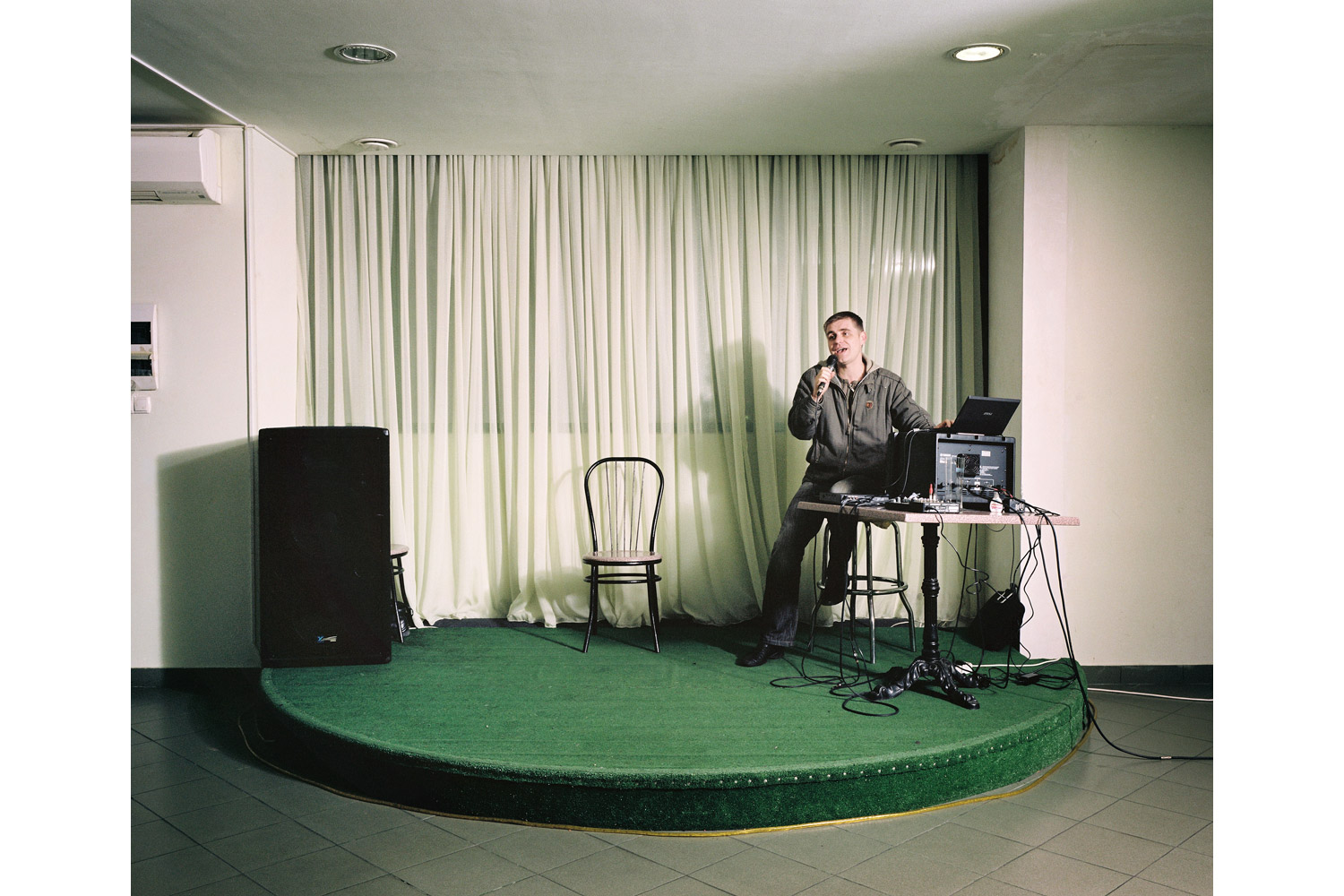
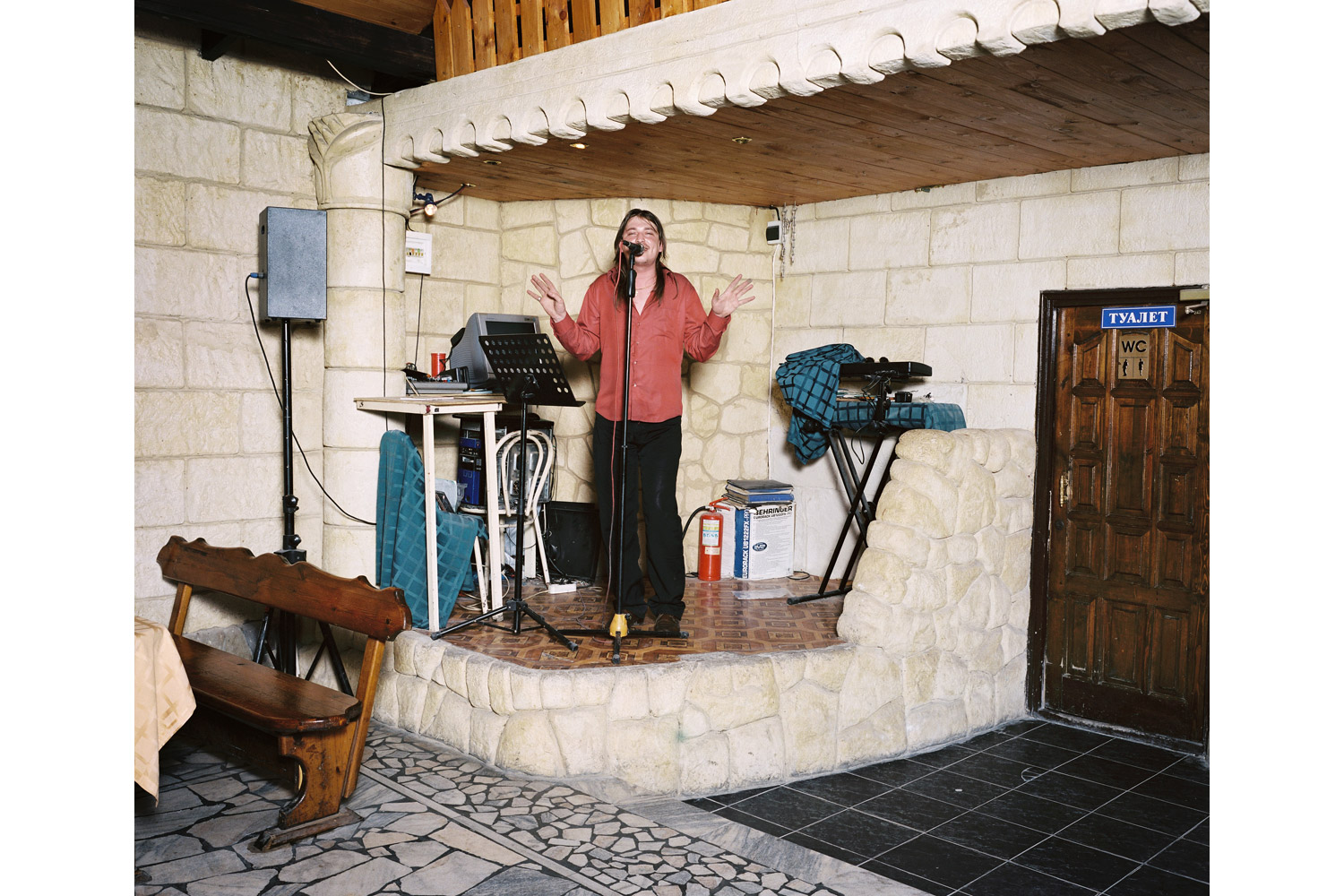
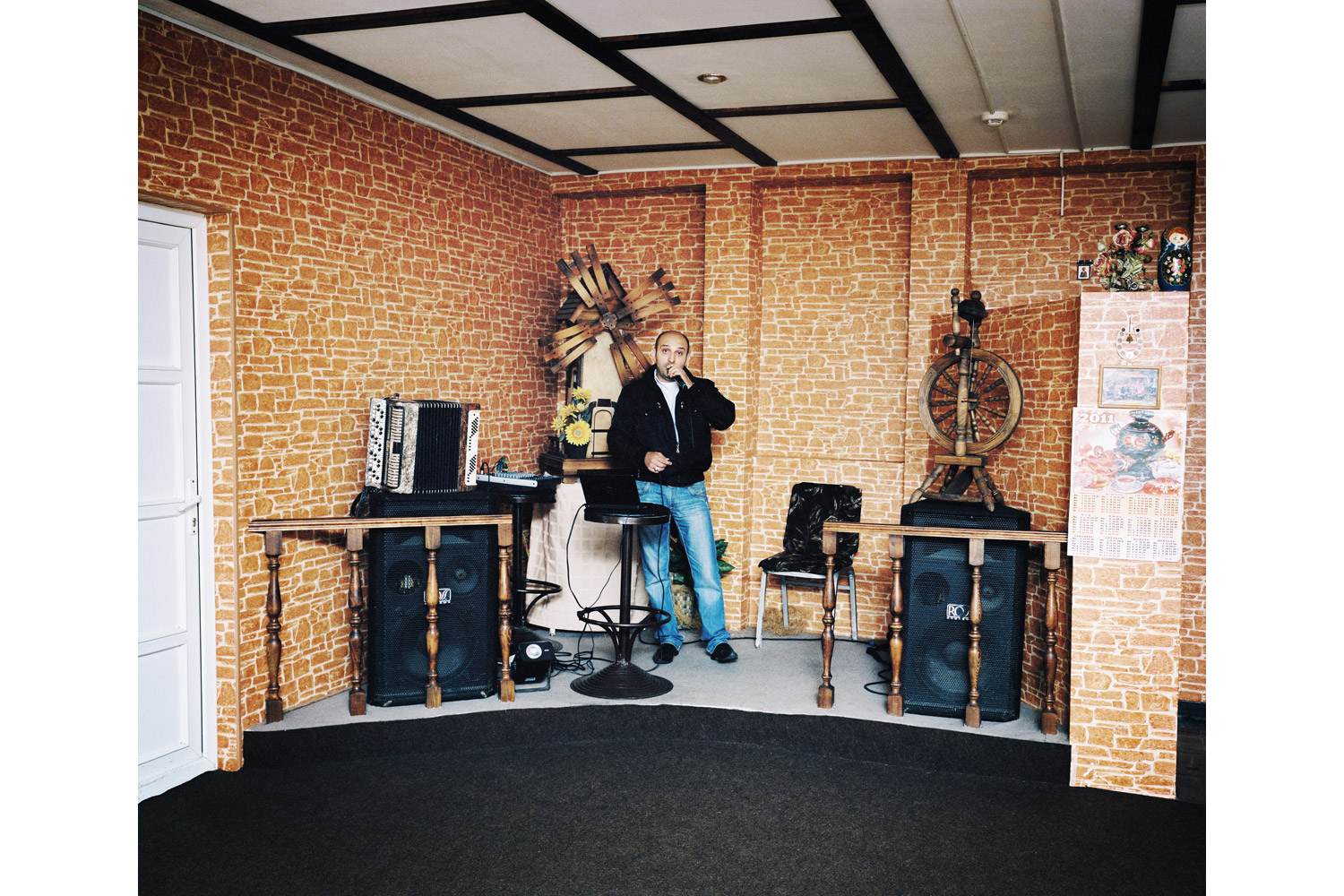
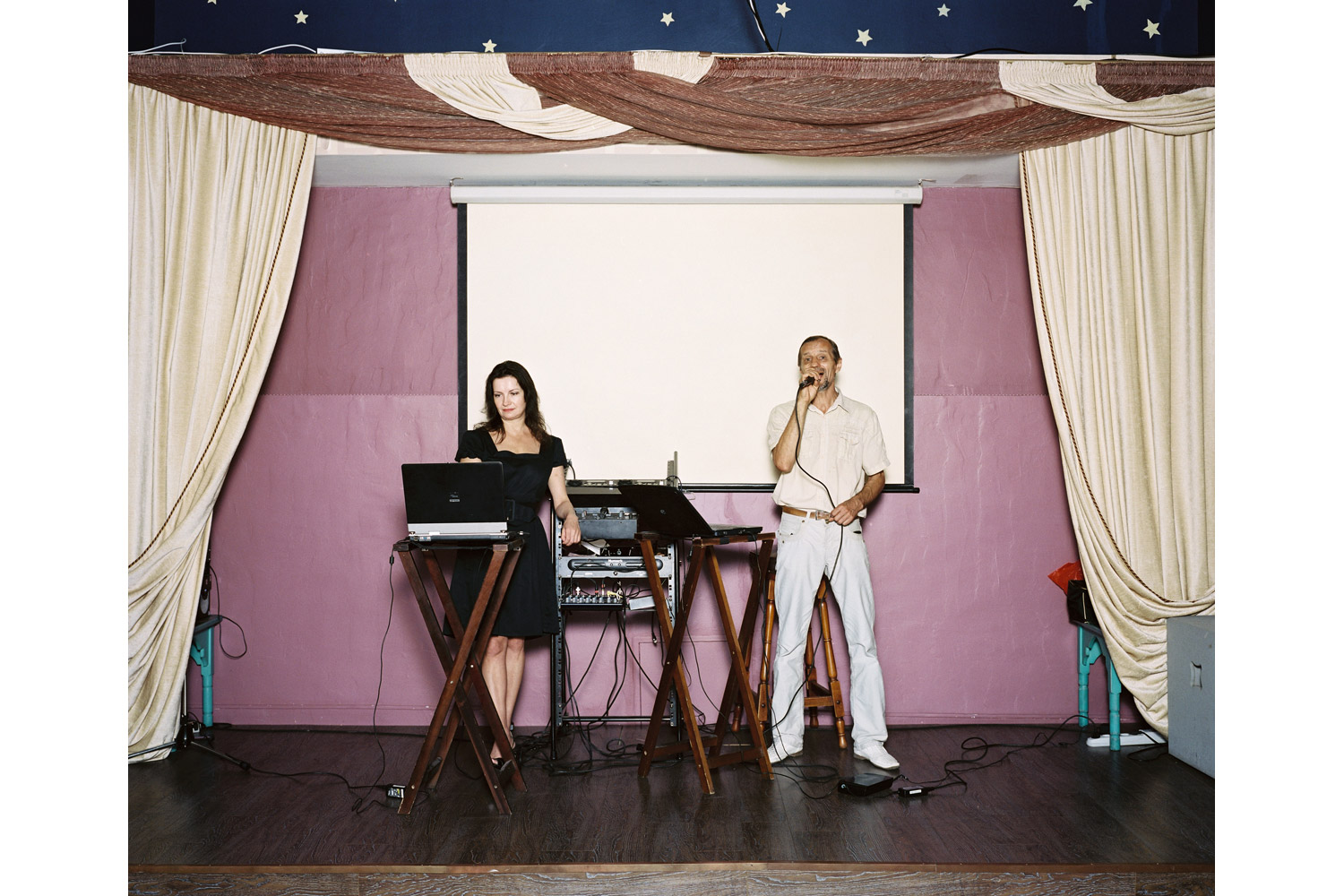
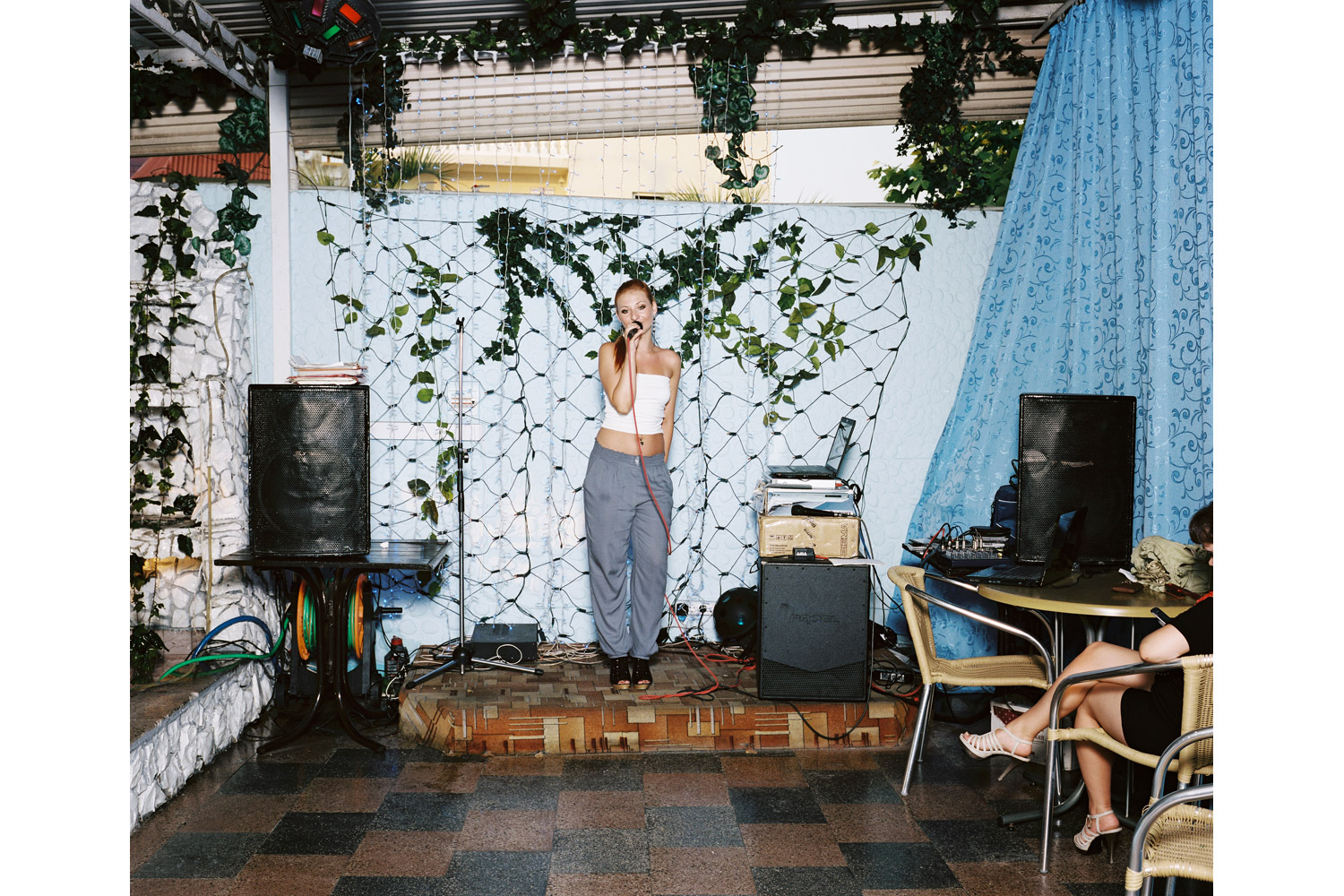
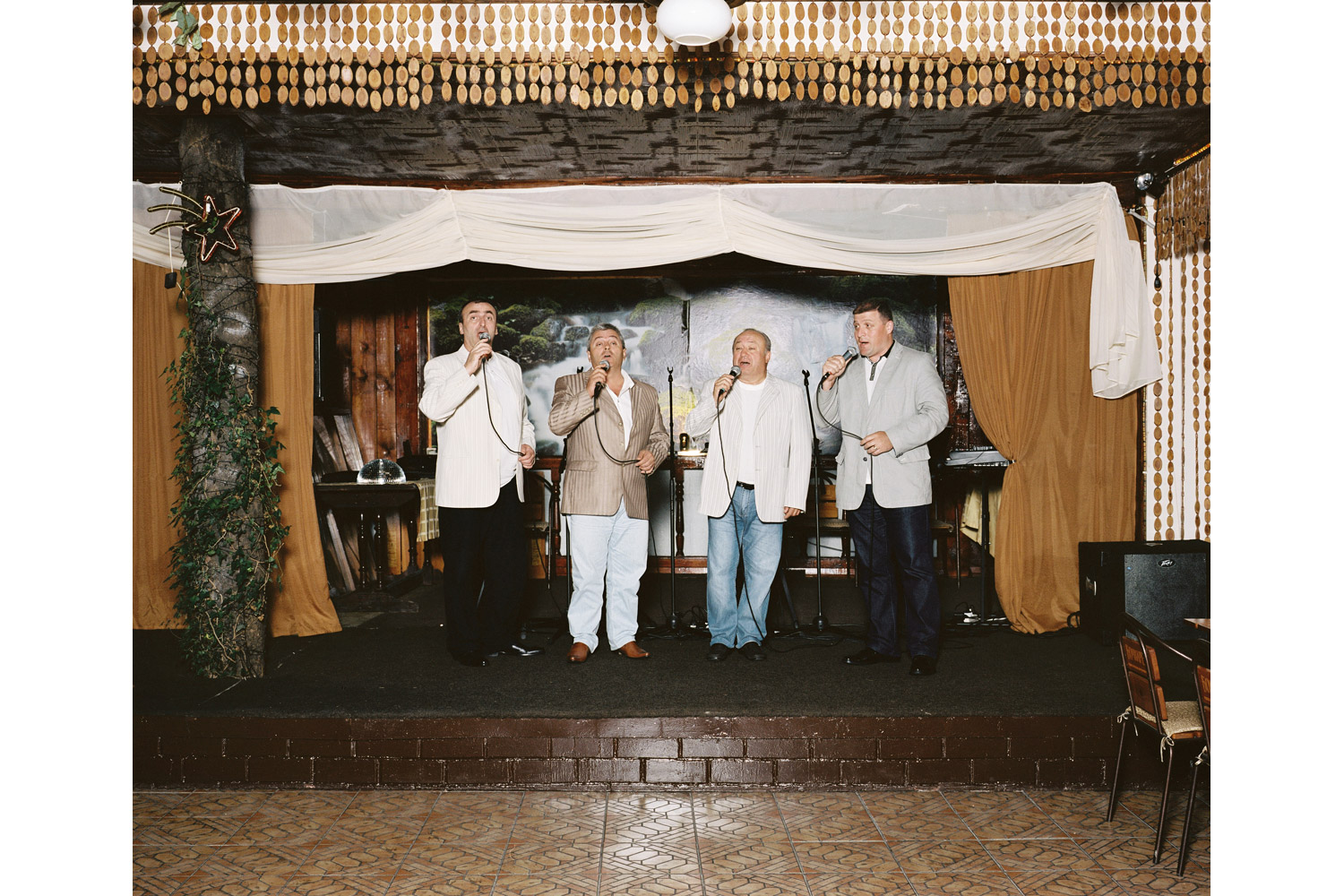
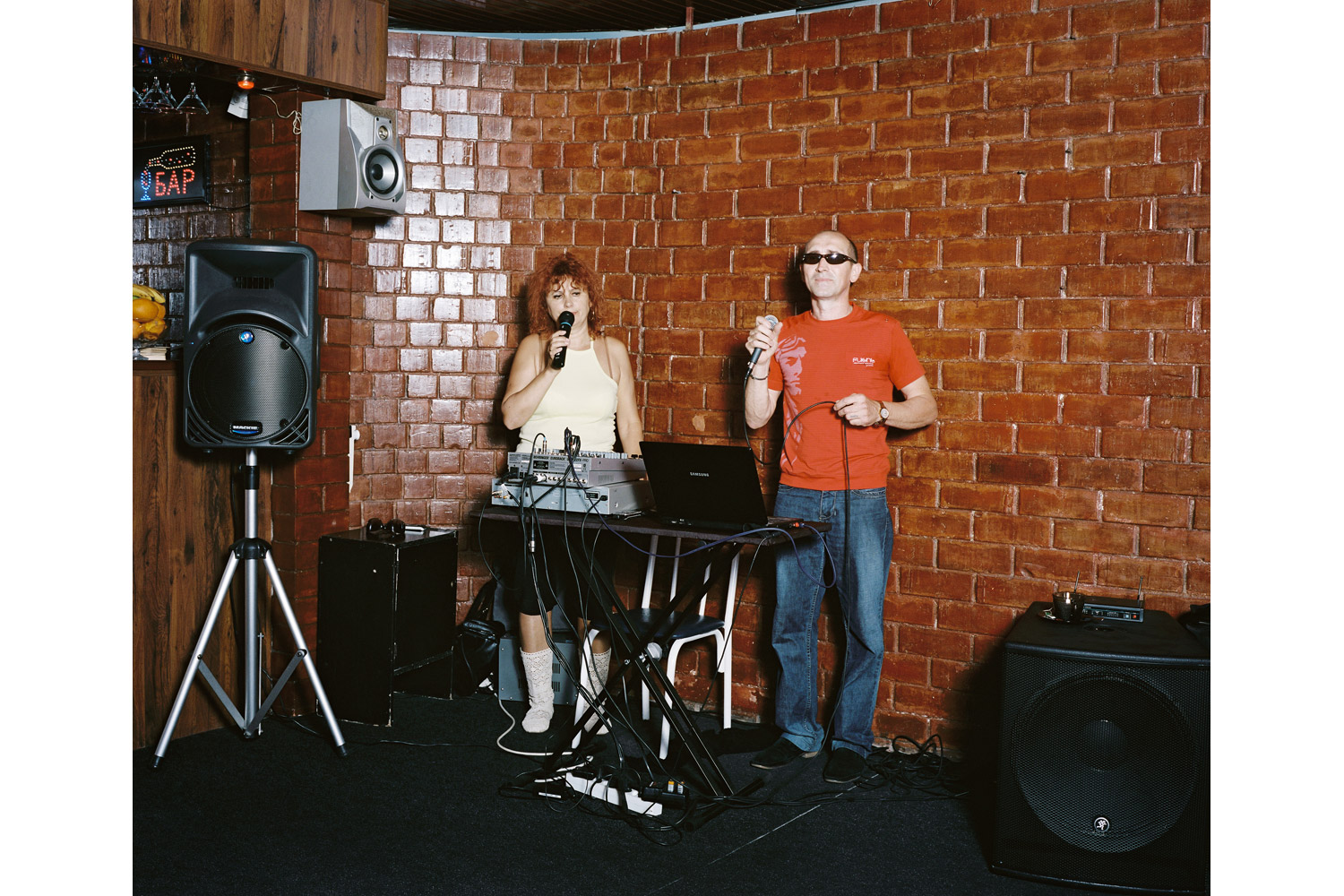
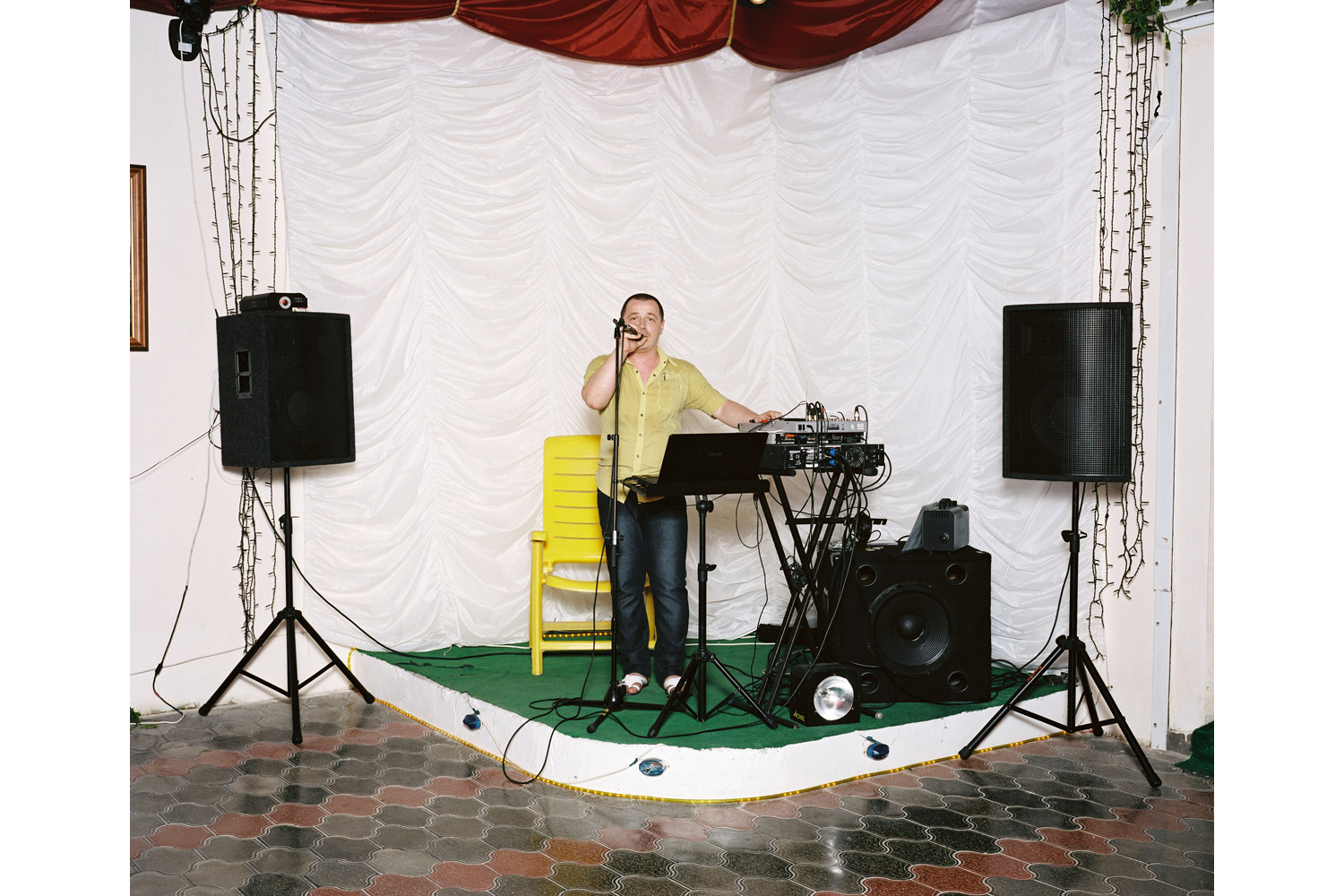
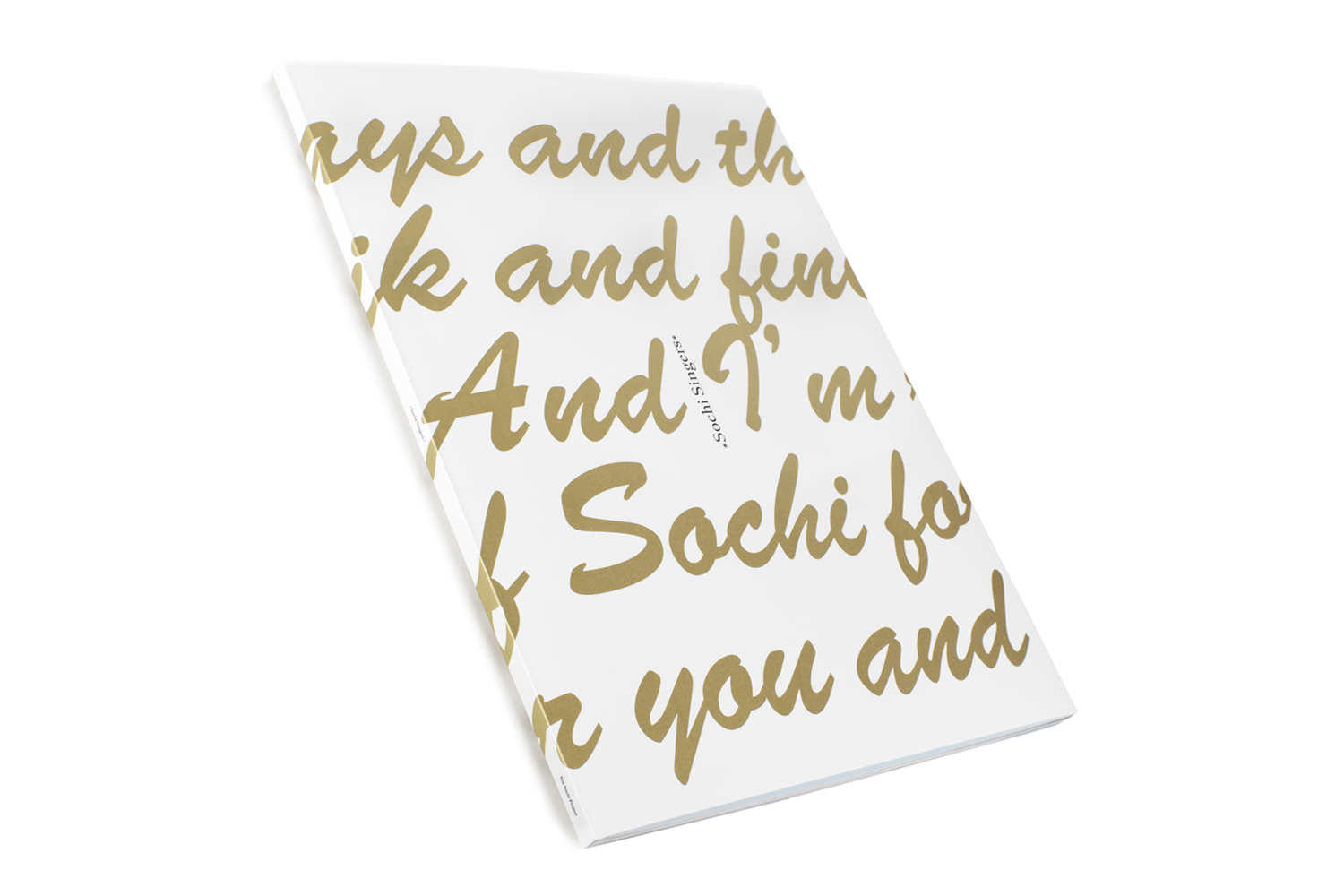

More Must-Reads from TIME
- Donald Trump Is TIME's 2024 Person of the Year
- Why We Chose Trump as Person of the Year
- Is Intermittent Fasting Good or Bad for You?
- The 100 Must-Read Books of 2024
- The 20 Best Christmas TV Episodes
- Column: If Optimism Feels Ridiculous Now, Try Hope
- The Future of Climate Action Is Trade Policy
- Merle Bombardieri Is Helping People Make the Baby Decision
Contact us at letters@time.com